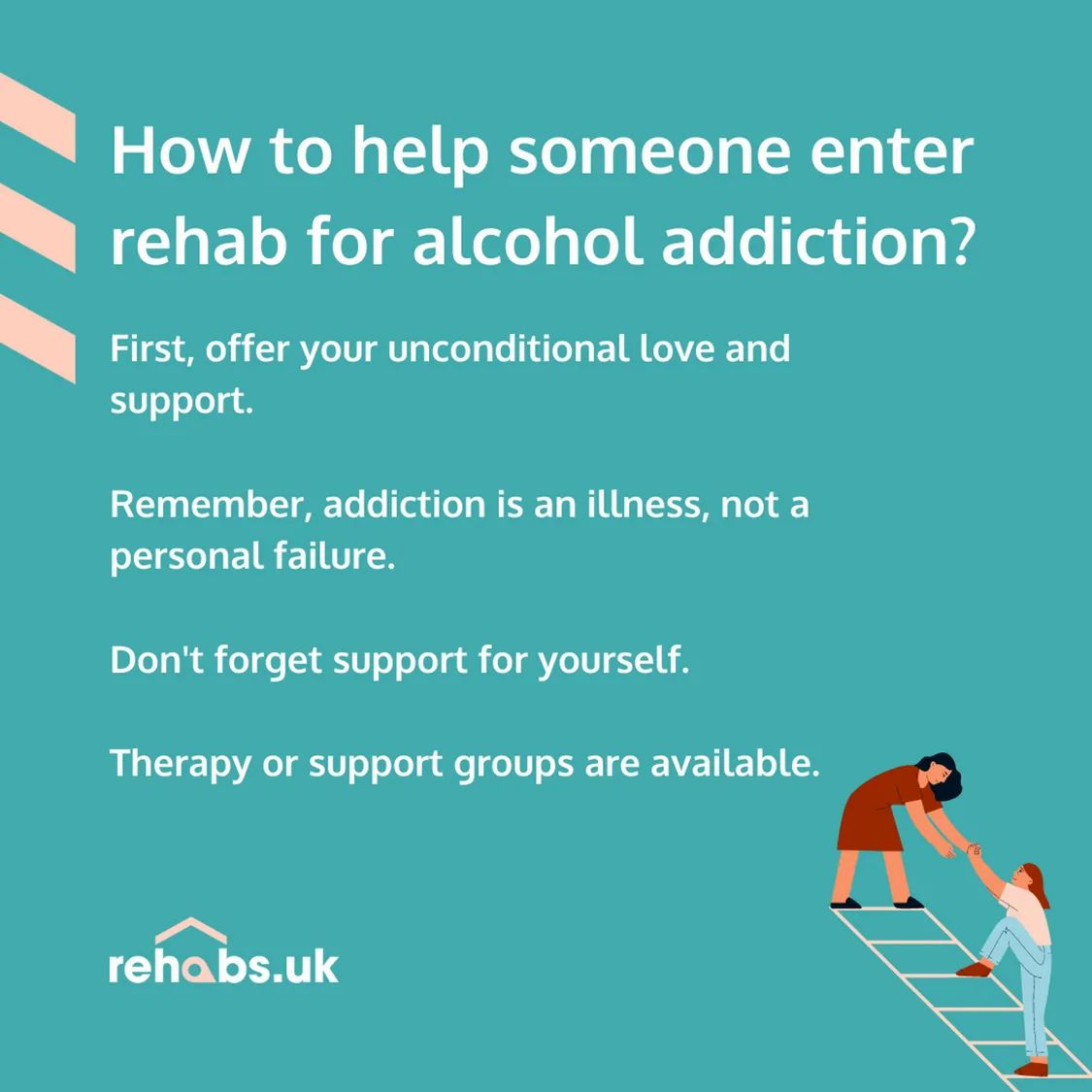28 Apr 2023
How to help someone with an alcohol addiction
Alcohol addiction is a serious condition that can have detrimental effects on the individual and their loved ones. It can be challenging to know how to help someone struggling with an addiction to alcohol. However, with the right approach, you can help your loved one seek the treatment they need to overcome their addiction.
There are many ways to help someone with an alcohol addiction. However, there are also some things that you should avoid doing.
What not to do
Don't be judgmental: It's essential to approach the conversation with empathy and understanding. Avoid being critical or condescending, as it can make your loved one feel ashamed or defensive.
Don't leave it too late: Addressing an addiction issue as soon as possible is critical. Don't wait until the situation becomes too dangerous or life-threatening before taking action.
What to do if a loved one won’t accept help for addiction
It can be challenging to help someone who is unwilling to accept help for their addiction. In these situations, it's important to remain patient and supportive while offering resources that can help them seek treatment. One way to do this is by educating yourself about alcohol addiction, its signs and symptoms, and the impact it has on the person's life.
How to get a friend or loved one into alcohol rehab
Understand the signs and symptoms of alcohol misuse
Being aware of the warning signs of alcohol addiction can help you identify when someone is struggling with this condition. Common signs of alcohol misuse include mood swings, secretive behaviour, neglecting responsibilities, and withdrawal symptoms.
Provide unconditional love and support
Let your loved one know that you are there for them and that you care about their wellbeing. This support can include listening to them without judgment, encouraging them to seek professional help, and being present for them during difficult times.
Seek professional help
Professional intervention can be an effective way to help your loved one enter rehab. Speaking with one of our Treatment advisors at Rehabs UK is the first step to finding a reputable rehab centre and getting the support you need to convince your loved one to seek help.
Create an intervention plan - the right way
Interventions require careful planning and execution. It's important to research thoroughly and work with a professional to ensure that you're doing it the right way.
Be specific and honest
When talking to your loved one, be specific about the behaviours that concern you, and be honest about the impact their addiction is having on their life and the lives of those around them. Use "I" statements instead of "you" statements to avoid sounding accusatory.

Research the various options and treatments
There are many types of rehab programmes available. It's essential to research the different options to find the right treatment for your loved one. By looking at the various options and treatments available for alcohol addiction can help to make more informed decisions. Consider different types of rehabs, such as inpatient or outpatient, and the specific treatment programmes they offer such as the 12-steps, Cognitive behavioural therapy, online therapy. It's also essential to consider the location and cost.
Which rehab treatment is right for them?
The best rehab treatment for your loved one will depend on their individual needs and circumstances. Some options include inpatient rehab, outpatient rehab, and partial hospitalisation programmes. It's essential to consider factors such as the severity of their addiction, their support system, and their preferences when selecting a treatment programme. It’s also important to note the difference in treatment if the individual is under 18.
Need support for a loved one with an addiction?
If you're looking for advice on how to convince or help a friend or loved one to go to rehab, Rehabs UK can help. Contact us today for support and guidance on getting your loved one the help they need. Remember, it's never too late to seek treatment and start the road to recovery.
